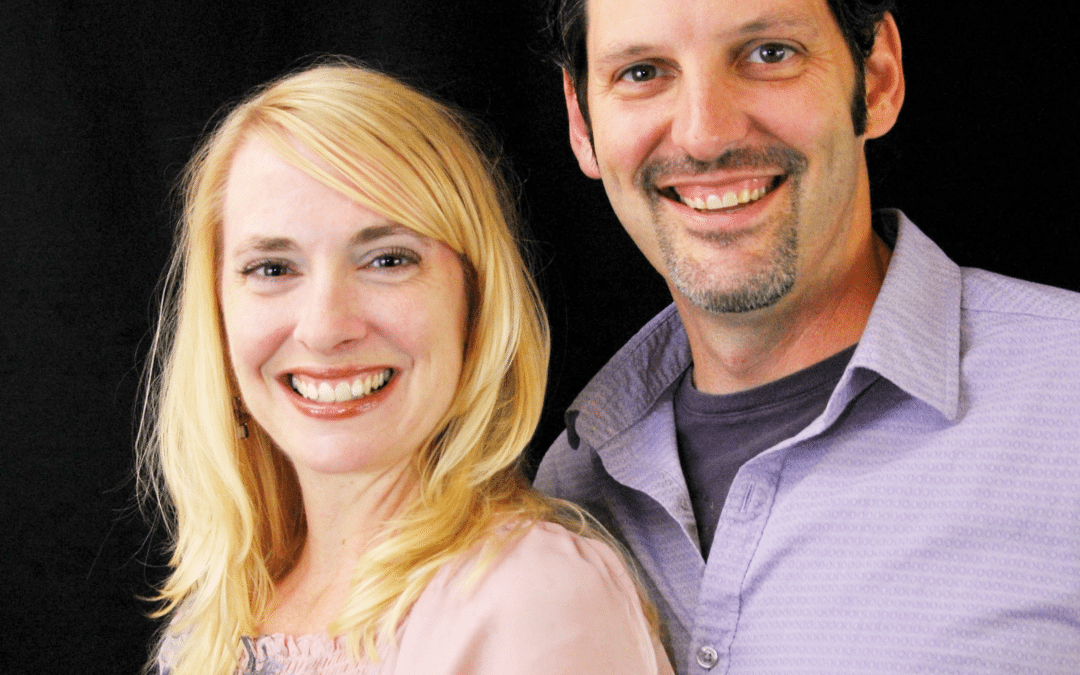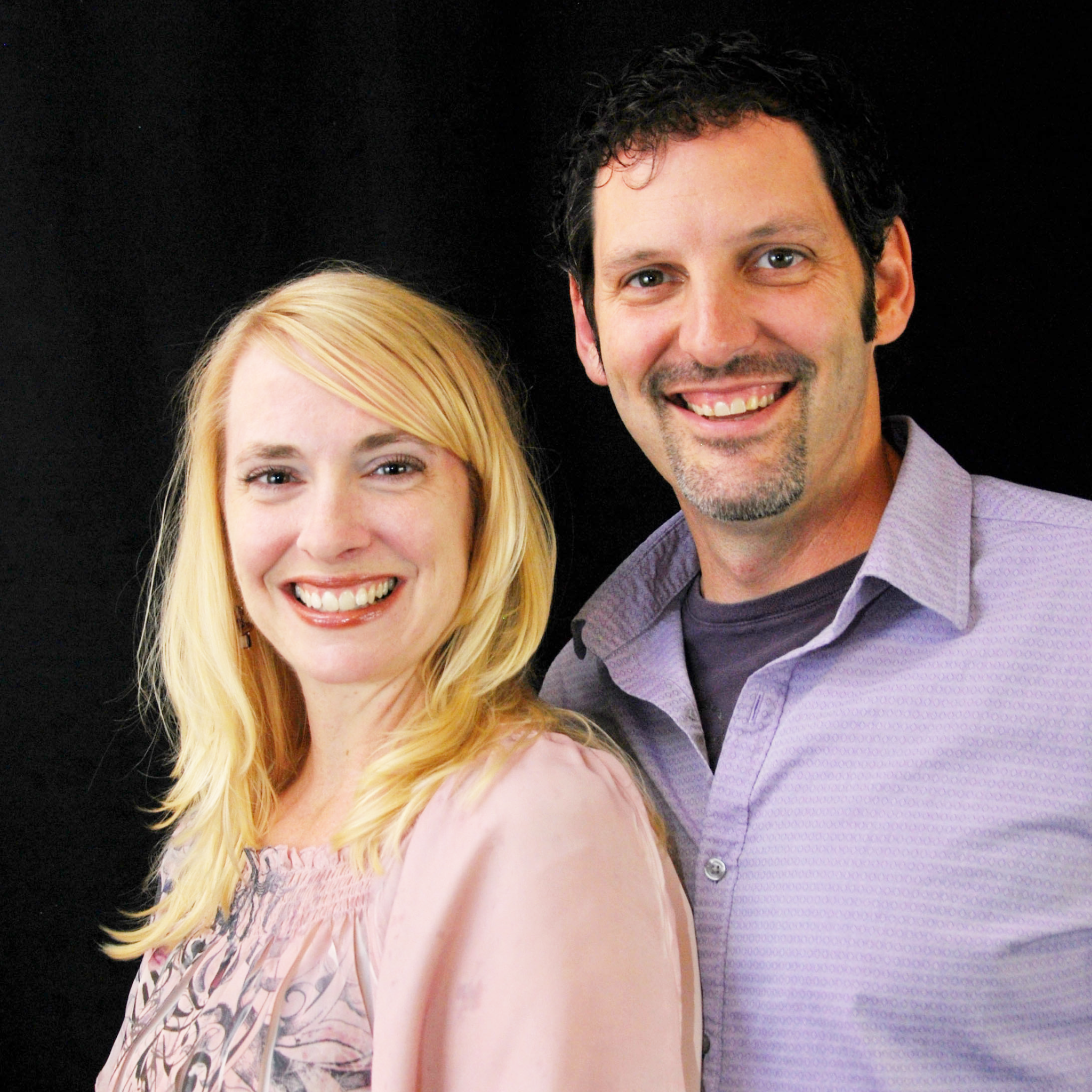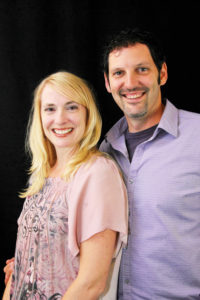
3 Factors Your Church Needs To Thrive! Part One
blog

3 Factors Your Church Needs To Thrive! Part One
Throughout thirty-plus years of ministry in and around the local church, and more recently in my role in Church Development for our ministry network, I have been exposed to the difficult reality that many churches today are no longer growing. Churches that were once strong and vibrant, find themselves in various stages of decline and now struggle to survive. There are dozens of reasons as to why this is the case, and each church has a unique story of the challenges and struggles that have led them to where they are today. Only a comprehensive evaluation of each church could reveal all of the reasons, but, regardless, each of these churches now share a common diagnosis: Failure To Thrive.
churches that were once strong and vibrant, find themselves in various stages of decline and now struggle to survive.
Failure To Thrive, or FTT, is defined as decelerated or arrested physical growth that is associated with abnormal growth and development. FTT is most often used to describe children who have failed to show the signs of growth and development in critical areas of health, but is also used to describe older patients who are experiencing a decline or reversal in key areas of health as well (i.e. rapid or unexplained weight loss, or atrophy of muscle mass or strength).
In Church Development, we use terms like, “plateau” or “decline” to describe churches that are no longer showing signs of growth or forward progress, but those terms are not usually attached to a particular church until we’ve seen the reversal of health manifest in lower attendance or reduced income. The actual condition of decline has often been at work beneath the surface and has gone undetected or undiagnosed because the church had the “appearance” of health.

If “…decelerated or arrested physical growth that is associated with abnormal growth and development” is the definition of FTT, then I believe this is a pretty accurate diagnosis for churches that are exhibiting decline or reversal in key areas of health. FTT among churches is not unique to any one denomination, or even to one geographical area. Churches of every denominational, cultural, ethnic, and geographical demographic are facing this crisis of health. we must do something to reverse FTT.
churches of every denominational, cultural, ethnic, and geographical demographic are facing this crisis of health, we must do something to reverse ftt.
As I have already stated, there are dozens of specific reasons for the decline, and each church has faced a unique set of challenges. That being said, I believe every church suffering from FTT lacks 3 factors in common. 1) Committed Leadership, 2) Biblical Behavior, and 3) Outward Focus. These factors are critical to have in place for every church to THRIVE.
Over the next few weeks, our SMD Healthy.Church blog will focus on the 3 Factors Your Church Needs To Thrive! We invite you to catch all four parts of the series to help your church thrive when others struggle.

Greg Perkins
Church Development Director
Greg Perkins serves as the new Church Development Director for the Southern Missouri District. Greg and Di Ann have always had a passion for the local church and a deep desire to see healthy, vibrant churches reach their communities with the Gospel. They bring this passion and desire to their work in and among the churches of Southern Missouri. Greg and his wife, Di Ann, are also former lead pastors of First Family Church in Osage Beach, MO, where they have served since January of 2015. The Perkins’ have spent over 25 years in full-time church ministry in Southern Missouri and Kansas—serving as lead pastors in Marshfield, Missouri and Derby, Kansas. Before returning to Southern Missouri, Greg served as Executive Pastor at Eastside Community Church in Wichita, Kansas. Di Ann has also worked as an executive secretary in real estate, banking, international missions, and Christian higher education. In addition to church leadership, Greg spent 6 years as a Senior Sales and Business Development Representative for two Fortune 500 companies, as well as Director of Chaplains for police agencies in Kansas and Missouri. The Perkins’ have two sons, Brad and Alex. Greg is also the author of “Moments of Destiny,” and is currently writing a devotional blog called (www.MomentsOfDestiny.com). He is currently working on a series of book projects to be released next year.






 Paul and Stephanie Scheperle have been ministering to the community of Washington, Missouri since 2003 as the pastors of Life Stream Church. If you would like to learn more about their ministry, check out their
Paul and Stephanie Scheperle have been ministering to the community of Washington, Missouri since 2003 as the pastors of Life Stream Church. If you would like to learn more about their ministry, check out their 

 Paul and Stephanie Scheperle have been ministering to the community of Washington, Missouri since 2003 as the pastors of Life Stream Church. If you would like to learn more about their ministry, check out their
Paul and Stephanie Scheperle have been ministering to the community of Washington, Missouri since 2003 as the pastors of Life Stream Church. If you would like to learn more about their ministry, check out their